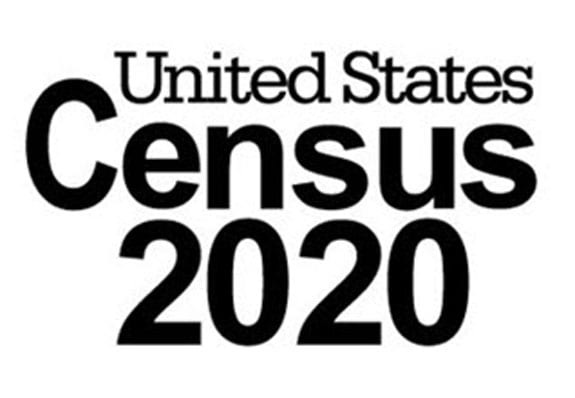
January 15, 2019; Washington Post
Judge Jesse M. Furman of the US District Court for the Southern District of New York has ruled against the Trump administration’s attempt to add a question about citizenship to the upcoming census. The addition was first proposed by Jeff Sessions and has survived his tenure; the measure is viewed by critics as potentially leading to an undercounting of Latinx residents and this matters not only for matters of representation but for funding allocations.
In his ruling, Furman was unsparing in his remarks, calling Secretary of Commerce Wilbur Ross’s insertion of the question “arbitrary and capricious,” representing “egregious” violations of the Administrative Procedure Act. He further noted that “Defendants’ own documents and expert witness confirm that adding a citizenship question to the census will result in a significant reduction in self-response rates among noncitizen and Hispanic households.”
Two additional high-profile cases regarding the census count that are currently making their way through the courts in Maryland and California are likely to be heavily influenced by Furman’s ruling.
Sign up for our free newsletters
Subscribe to NPQ's newsletters to have our top stories delivered directly to your inbox.
By signing up, you agree to our privacy policy and terms of use, and to receive messages from NPQ and our partners.
“[Furman’s] ruling will influence them and help them work through the issues,” said Carl Tobias, a professor at the University of Richmond’s School of Law. “This is a comprehensive opinion from a well-respected judge, [and] today’s ruling is going to carry a lot of weight.”
Plaintiffs in the New York trial include 18 states, several cities and jurisdictions, and a number of civil rights organizations. Dale Ho, director of the Voting Rights Project at the American Civil Liberties Union, comments, “This ruling is a forceful rebuke of the Trump administration’s attempt to weaponize the census for an attack on immigrant communities.”
This matter is expected to eventually end up at the US Supreme Court, which has already taken up some attendant concerns. But timing is a question. The printing of census forms is scheduled to occur next summer, assuming the government ever opens back up, and the Census Bureau is not speculating on what will occur if the dispute is not resolved by then.—Ruth McCambridge













